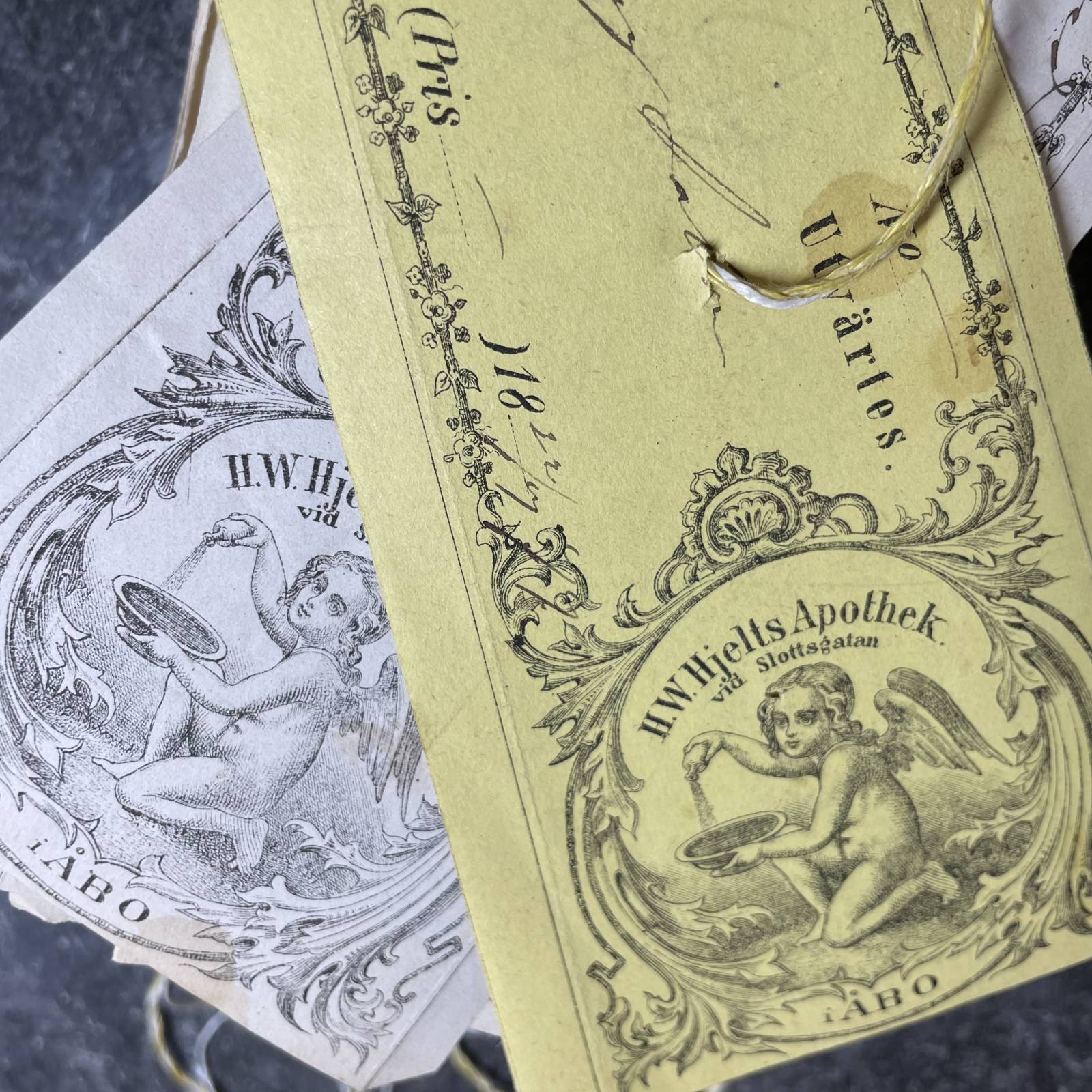In this seminar, we explore experiences of welfare state development in relation to minority and marginalized groups in Finland during the nineteenth and twentieth centuries. Focusing on groups such as prison inmates, people with disabilities and ethnolinguistic minorities, experiences of healthcare, welfare and inclusion/exclusion are studied. The presentations also investigate the role of expertise in shaping these systems. Special attention is given to how certain individuals and groups claimed or were assigned expert status in matters concerning minority welfare.
The seminar is jointly organized by the lived welfare state team at the Research Council of Finland’s Centre of Excellence in the History of Experiences, Tampere University, and the project Minority Welfare and Reproduction: The Professionalization of the Finland-Swedish Population Question 1945-1990, Åbo Akademi University (funded by the Society of Swedish Literature in Finland).
Please register by 14 September here: https://www.lyyti.in/The_Lived_Welfare_State_through_the_Lens_of_Marginalized_and_Minority_Groups_5954
Program
Johanna Annola: Healthcare in nineteenth-century Finnish women’s prisons
Pirjo Markkola: Deaconess institutes assuming expertise in mental and physical disabilities in early 20th century Finland
Jutta Ahlbeck, Hanna Lindberg & Mats Wickström: Experiencing demographic decline and the politics of expertise: Finland-Swedish reproduction and welfare solutions after the Second World War
Marja Rautaharju: Disabled persons’ experiential expertise addressing and shaping architectural accessibility in Finland in the 1970s


